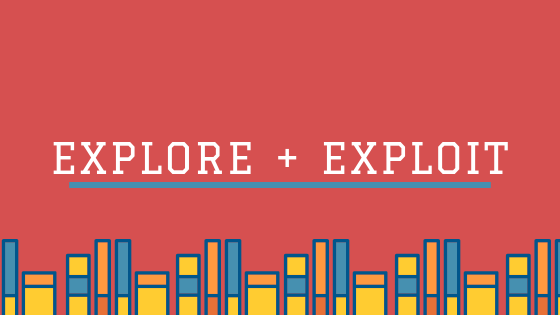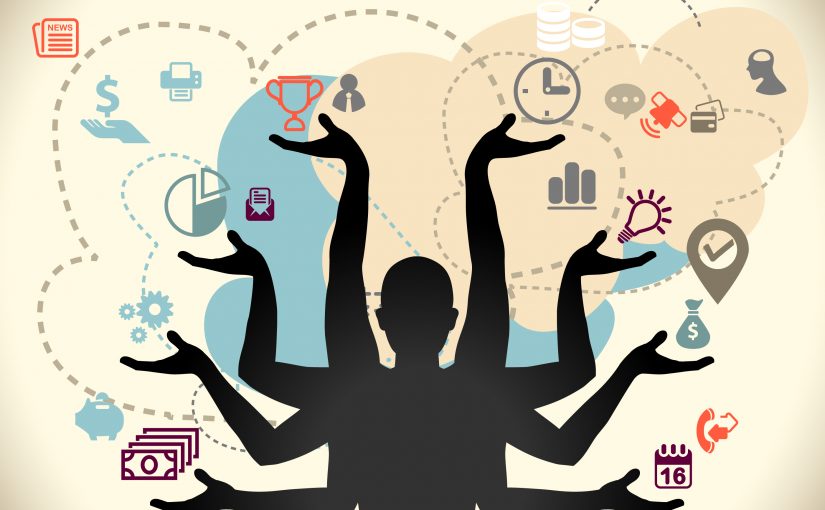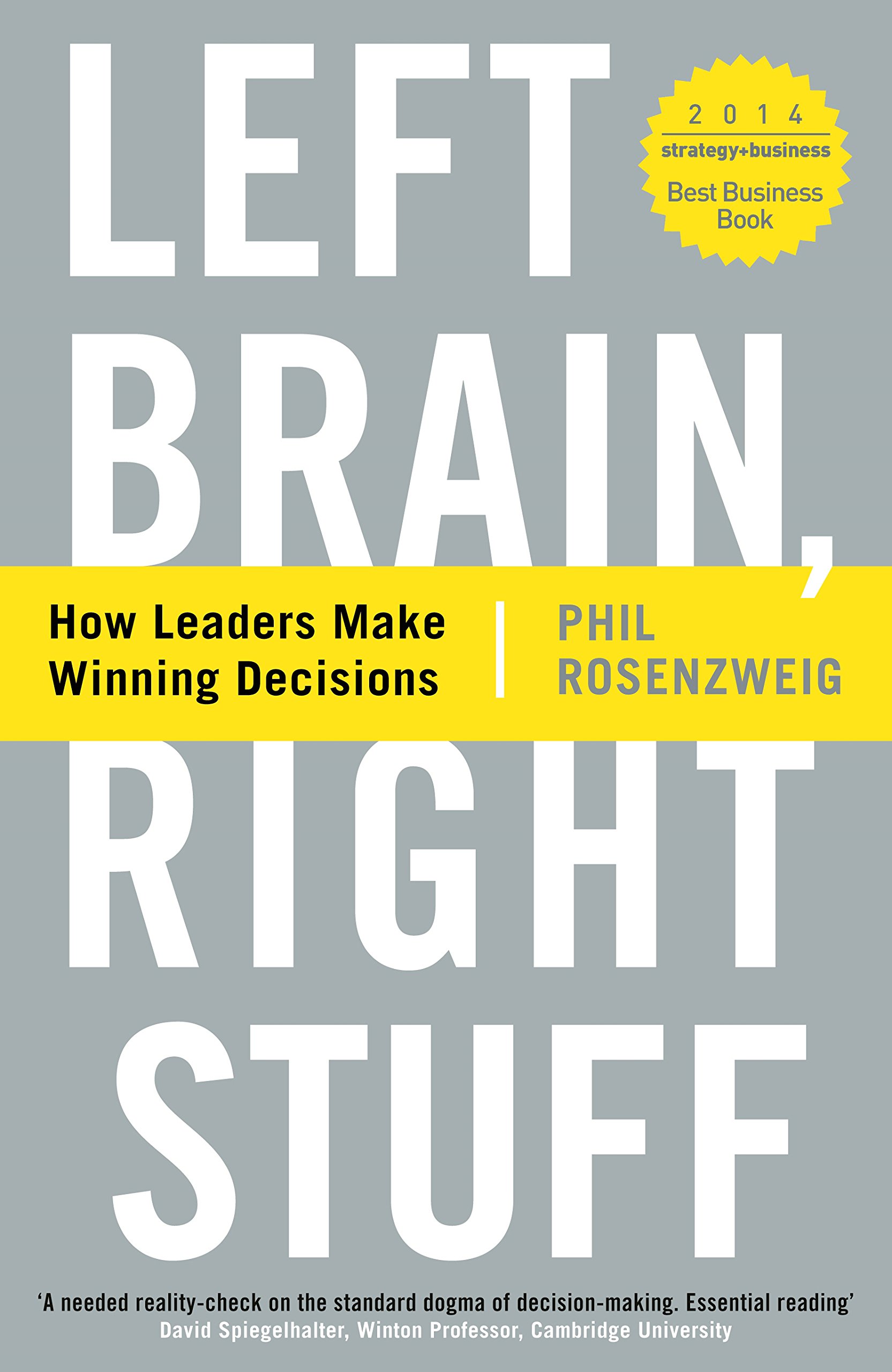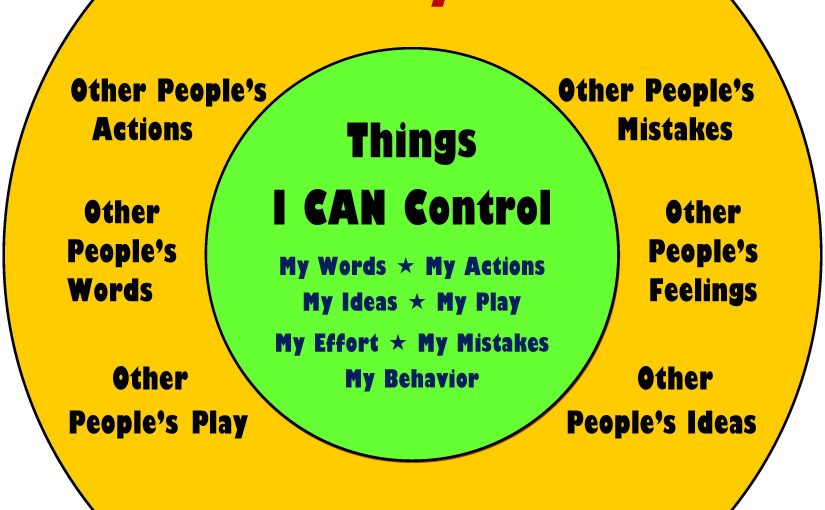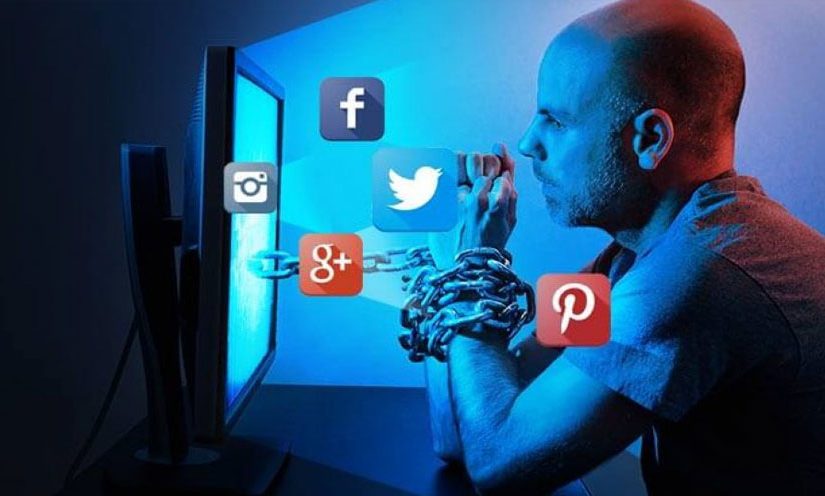Let’s say you have a dinner date night with your spouse this weekend. Will you pick the same restaurant where you have been before and enjoyed your meal or will you try something new? Your regular restaurant will surely guarantee a great experience. That’s why you often go there. But it takes away the feeling of serendipity. A feeling of discovering something somewhere which is better than any experience you have ever had. For that you should seek a restaurant you have never been to. What if you stumble upon something that becomes your new favourite? But contrarily, what if the experience there is so bad that it ruins your weekend?
You’ll never know the answer. You’ll never know if you are stuck in a rut, not willing to try something better. You’ll never know if a new trial will be a worthwhile experience. That is what we try to answer with the explore / exploit intention. Sometimes you have to EXPLORE new experiences, hoping that one of them becomes a new favourite. But more often, you have to exploit, using your existing knowledge to lock in a good experience.
Continue reading Explore and exploit: The intentions that determine our choices

